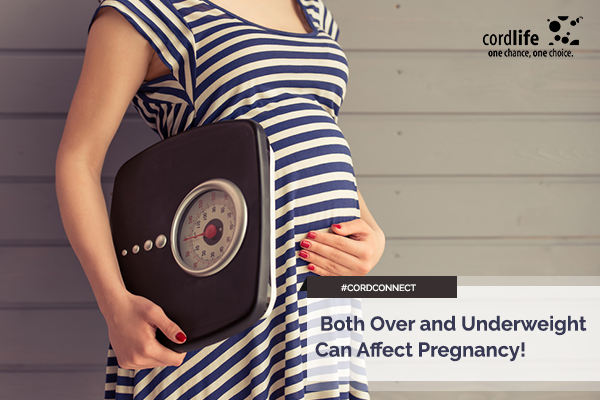Table of Contents
One is well aware of the fact that excessive weight gain or loss could possibly lead to an inability to become pregnant. The imbalance of weight is affecting the fertility of women profusely, so much so that around 12 per cent of infertility problems are due to imperfect body weight, meaning either obesity or low body weight, according to the American Society for Reproductive Medicine.
Now, having pointed that out, let’s delve into the fact on why and how weight imbalance affects pregnancy. Actually, being extremely over or underweight impacts the pituitary gland, causing it to malfunction and spark problems with ovulation.
But besides that, many other problems have been examined by the experts, mainly related to overweight and infertility.
- Women who are overweight or obese are likely to take more than a year to get pregnant than average women of healthy weight.
- A woman who is obese is more prone to a miscarriage than a woman of healthy weight.
- Obese women are likely to have diabetes that develops during pregnancy and it is called gestational diabetes.
- Obese women tend to develop high blood pressure during pregnancy, resulting in damaging other organs, often the kidneys.
- Obesity also increases the risk of postpartum infection which leads to delivery related complications.
- Obesity also leads to an overdue pregnancy that is the continuation of pregnancy beyond the due date.
- Obesity also increases the risk of an emergency C-section. It also leads to a complication like a wound infection. Women who are obese are also less likely to have a vaginal delivery after a C-section.
- Infants born to obese women are likely to be large in size than it is normal, and need neonatal intensive care or have a congenital abnormality.
Obesity is associated with poly-cystic ovary syndrome (PCOS), which is one of the major causes of infertility. And sadly, it is found to be the most common hormonal problem, affecting at least one out five women’s reproduction.
Being underweight is also a concern when it comes to pregnancy as it is known to reduce the fertility quotient in women extensively. As this affects the hormonal balance and ovulation, there is less possibility of a successful pregnancy. In fact, compared to healthy weight women, underweight women are likely to take a year more in order to get pregnant.
So, finally, the question is, what should be the ideal body weight to have a successful pregnancy? According to the Institute of Medicine, obesity is measured by the ratio of height and weight of a man and woman.
- Normal BMI: Defined by an index of less than 25.
- Overweight: Defined by a BMI of 25 or more.
- Obesity: Define by a minimum BMI of 30 to 34.9 and maximum above 40.
And for improving the chances of having a healthy pregnancy, follow the below mentioned steps:
- Go for regular prenatal care check-up during pregnancy.
- Consult the doctor about how much weight you should lose or gain during pregnancy. But do not diet in order to lose weight as it can lead to malnutrition for your baby.
- Do regular activities like yoga and free-hand exercises as prescribed by the doctor.
